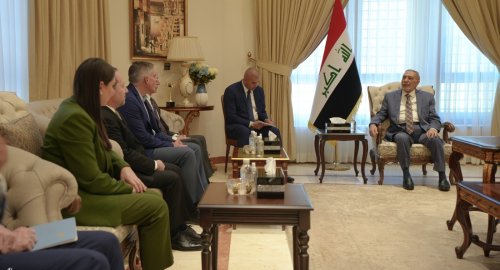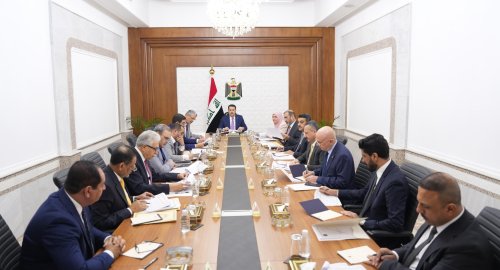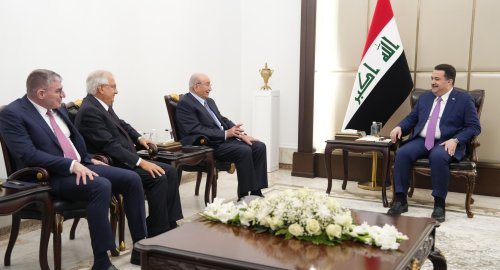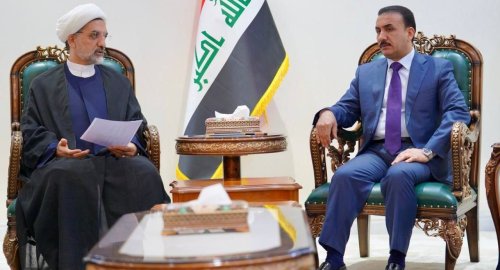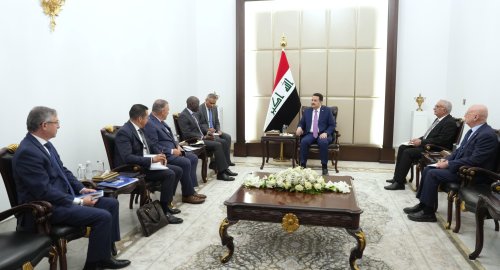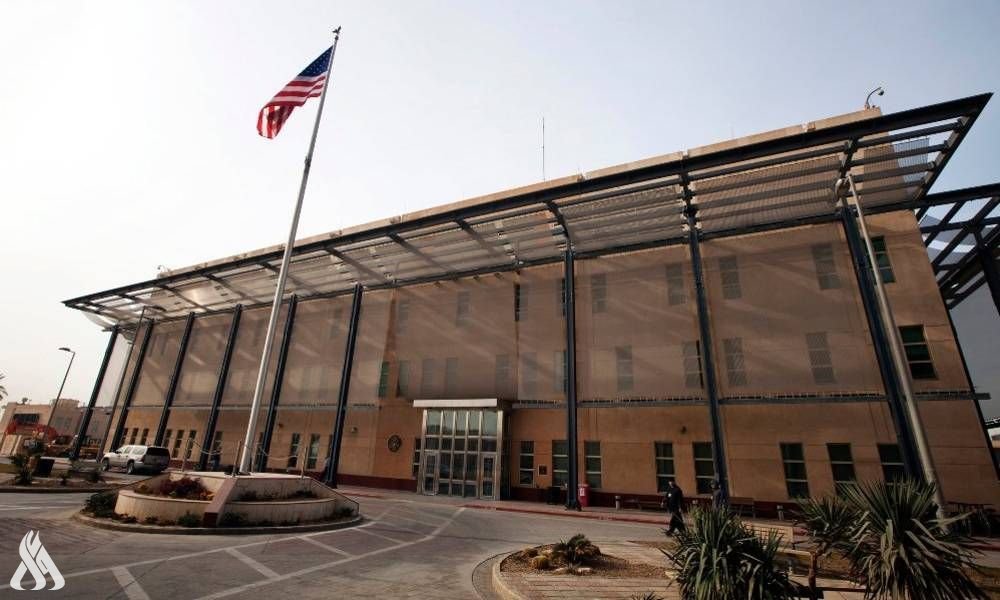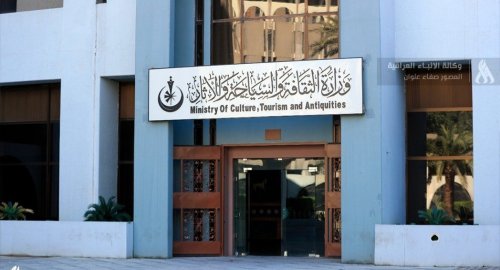
Ministry of Culture Announces Significant Progress on Historic Kufa Pilgrimage Route Project

Local
- 27-06-2024, 21:47
Baghdad-INA
The Ministry of Culture announced on Thursday, its plans for the rehabilitation and development of archaeological and historical sites in Iraq. Ali Obaid Shalgham, head of the General Authority for Antiquities and Heritage, confirmed significant progress in the project to list the ancient Kufa pilgrimage route as a World Heritage site, with expected inclusion in 2025.
Shalgham highlighted a 25-year plan for the rehabilitation of archaeological sites across all provinces, in collaboration with local and international experts. He explained that efforts include the restoration of the infrastructure of these sites to prepare them for tourism while preserving their archaeological characteristics.
Shalgham also emphasized the importance of financial support for the Authority, pointing to cooperation with local and international governments to secure necessary funding.
He continued, "Foreign missions were initially limited to Dhi Qar province, but we have now succeeded in attracting them to other provinces such as Diwaniyah, Muthanna, and Babil. In the capital, Baghdad, we have an Italian mission at the Tell Muhammad site, and another Italian mission in Mosul, which suffered extensive damage from the destructive actions of ISIS terrorists who targeted many archaeological sites."
Shalgham confirmed, "There is support from several countries to revive the sites destroyed by ISIS, including Nimrud, Hatra, the ancient city of Nineveh, the site of Nabi Yunus, and Al-Nuri Mosque. We also have support from the Louvre Museum, the ALIPH Foundation, UNESCO, and the United Arab Emirates, as well as support for the Mosul Cultural Museum."
Regarding historical buildings, Shalgham mentioned, "There is a significant and important project to rehabilitate Old Baghdad, where Prime Minister Mohammed Shia' Al-Sudani launched the third phase to rehabilitate Al-Rashid Street. We successfully rehabilitated 16 historical buildings in the Saray Cultural Axis during the second phase, with an initial phase focusing on rehabilitating Al-Mutanabbi Street," noting further coordination with the European Union to finance, revive, and rehabilitate historical buildings in Basra and Mosul provinces.
Furthermore, he highlighted that "some archaeological heritage sites are facing extinction due to the passage of time and natural factors beginning to impact them. A significant number of these sites, totaling 15,000 archaeological sites in Iraq, require substantial funds, time, and skilled personnel. They also necessitate high-level coordination with local governments to initiate rehabilitation efforts."
Regarding the inclusion of heritage sites on the World Heritage List, Shalgham affirmed, "Since 2022, we have been undertaking a major project to list the ancient Kufa pilgrimage route, the Zubeidah Trail, a transcontinental endeavor in coordination with the Kingdom of Saudi Arabia. We have begun listing the route and its stations, maintaining ongoing communication with our counterparts there, and achieving significant progress. We will collectively celebrate the route's listing in 2025."
He also pointed out ongoing collaboration with the central government to increase financial allocations for rehabilitating archaeological sites, including excavation, maintenance, restoration, and infrastructure. Plans are also in place to secure heritage buildings from private ownership claims, with demands for increased financial allocations for these historical sites and buildings.
Regarding the impact of groundwater on archaeological sites in Babylon, he noted, "Climate effects and natural factors adversely affect archaeological sites, including the critical issue of groundwater in the ancient city of Babylon. We are open to global cooperation to devise appropriate solutions for the negative impacts resulting from climate change."
US Embassy: Trade Mission of 60 Companies Visits Iraq
- politics
- 25/04/07
CBI unveils comprehensive reform plan to modernize banking sector
- Economy
- 25/04/07
Al-Sudani Meets Delegation from J.P. Morgan Bank
- politics
- 25/04/08



